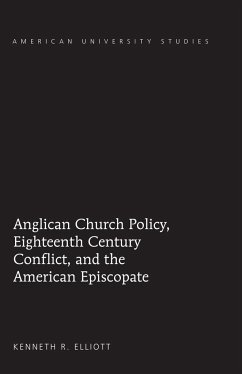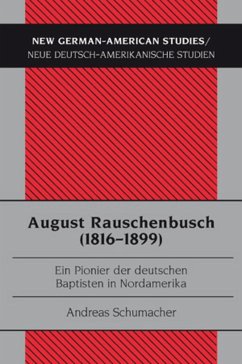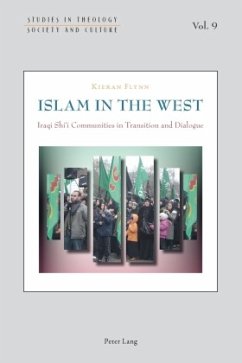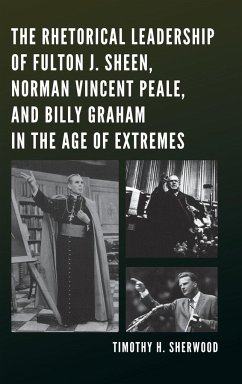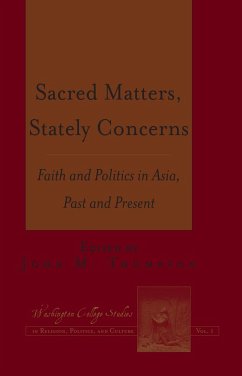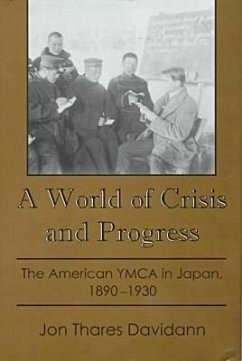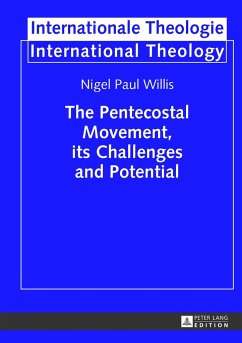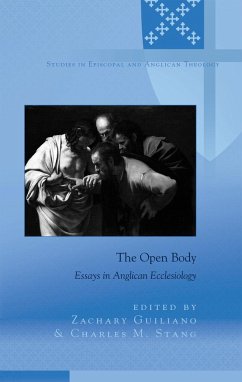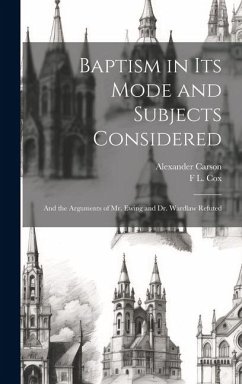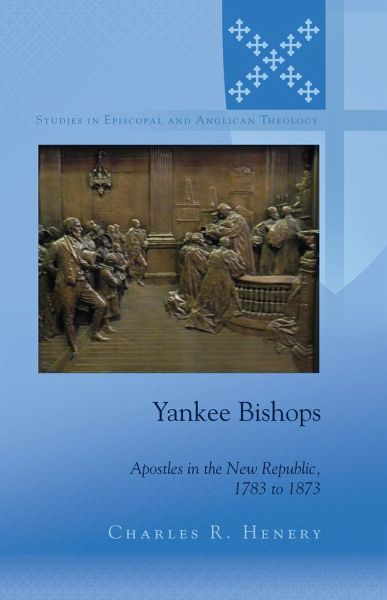
Yankee Bishops
Apostles in the New Republic, 1783 to 1873
Versandkostenfrei!
Versandfertig in 6-10 Tagen
103,75 €
inkl. MwSt.
Weitere Ausgaben:

PAYBACK Punkte
0 °P sammeln!
The office of bishop in the Episcopal Church in the United States has long begged attention from historians. Yankee Bishops: Apostles in the New Republic, 1783 to 1873 is the first collective examination of the American episcopate and offers critical insight into the theory and practice of episcopal ministry in these formative years. In this period, one hundred men were elected and consecrated to the episcopal order and exercised oversight. These bishops firmly believed their office to mirror the primitive pattern of apostolic ministry. How this primitive ideal of episcopacy was understood and...
The office of bishop in the Episcopal Church in the United States has long begged attention from historians. Yankee Bishops: Apostles in the New Republic, 1783 to 1873 is the first collective examination of the American episcopate and offers critical insight into the theory and practice of episcopal ministry in these formative years. In this period, one hundred men were elected and consecrated to the episcopal order and exercised oversight. These bishops firmly believed their office to mirror the primitive pattern of apostolic ministry. How this primitive ideal of episcopacy was understood and lived out in the new republic is the main focus of this study. Yankee Bishops is also the first book to scrutinize and analyze as a body the sermons preached at episcopal consecrations. These valuable texts are important for the image and role of the bishop they propagate and the theology of episcopacy expounded. The final portrait that emerges of the bishop in these years is chiefly that of a sacramental and missionary figure to whom the pastoral staff came to be bestowed as a fitting symbol of office. These bishops were truly apostolic pioneers who carved out a new, vigorous model of ministry in the Anglican Communion. Yankee Bishops will be a primary source in Anglican and ecumenical studies and of general interest to the reader of American religious and social history.





